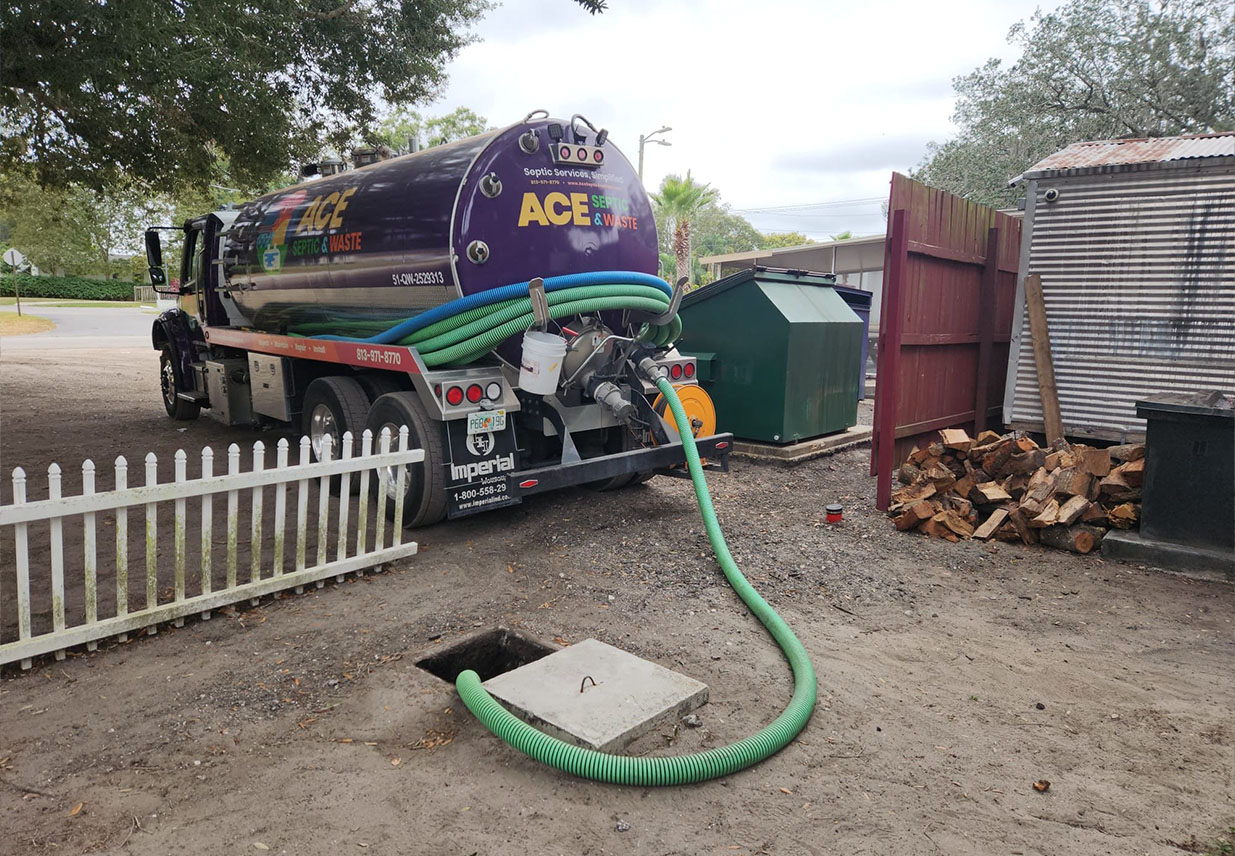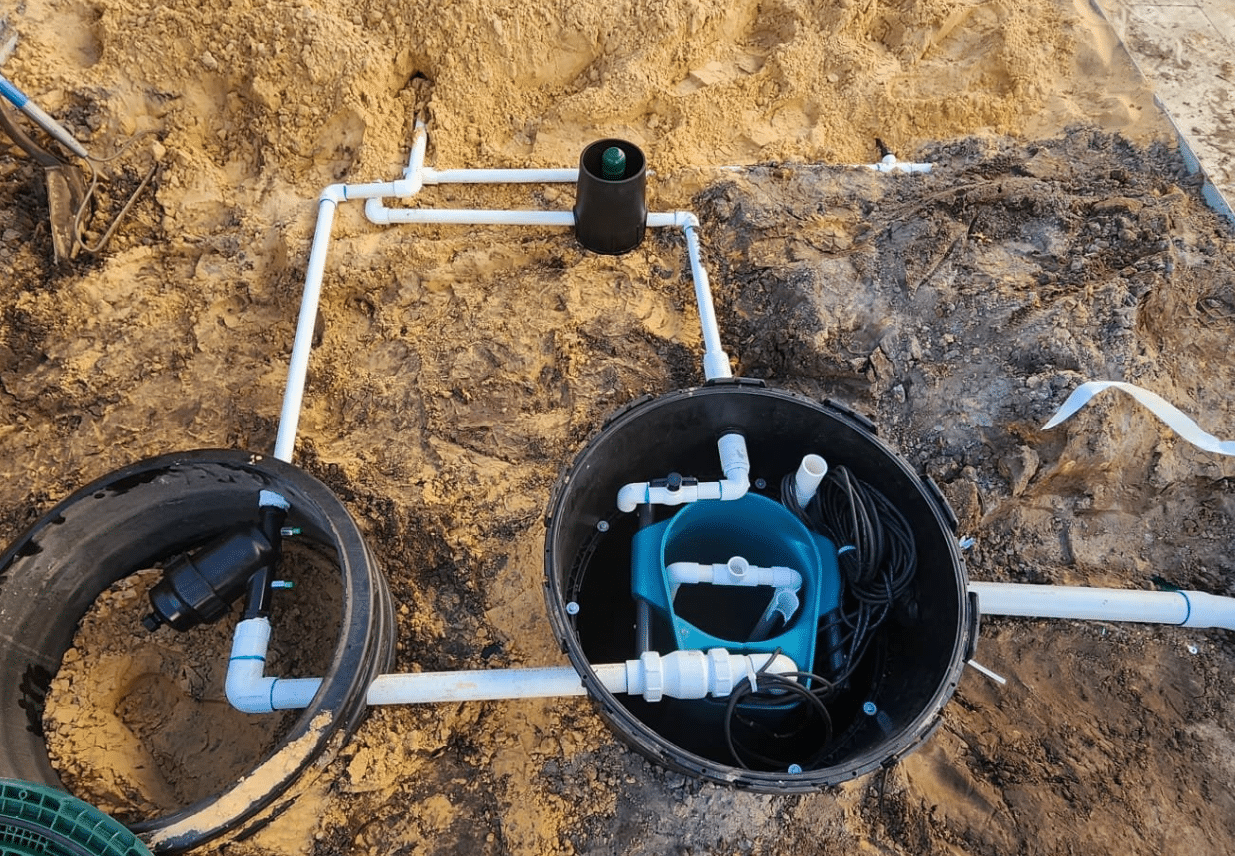How Often Should You Schedule Septic Tank Pumping in Tampa?
Septic tank maintenance is often an overlooked aspect of home ownership, yet it plays a crucial role in ensuring the longevity and functionality of your waste disposal system. In Tampa, where humidity and rainfall levels can fluctuate wildly, understanding how often to pump your septic tank can save you from costly repairs and environmental issues. This article dives deep into everything you need to know about septic tank pumping in Tampa, helping you make informed decisions for your home.
Understanding Septic Tanks
What Is a Septic Tank?
A septic tank is a key component of a residential wastewater management system. It serves as an underground chamber where solid waste is Septic tank Pumping separated from liquid waste. The solids settle at the bottom, forming sludge, while liquids flow out into a drain field.
How Does a Septic System Work?
The process begins when wastewater from your home flows into the septic tank through pipes. Inside the tank, bacteria break down organic matter, allowing solids to settle and liquids to exit safely into the drain field.
Components of a Septic System
- Tank: Holds sewage for treatment.
- Drain Field: Filters effluent back into the soil.
- Pipes: Transport wastewater to and from your home.
Why Is Regular Septic Tank Pumping Important?
Preventing System Failure
When too much sludge accumulates in your septic tank, it can lead to clogs that cause backups in your plumbing or even sewage leaks on your property.
Protecting Your Property Value
A poorly maintained septic system can significantly reduce property value. Regular pumping keeps your system functioning optimally.
Environmental Protection
Failure to maintain proper septic function can lead to groundwater contamination, affecting local ecosystems and public health.
How Often Should You Schedule Septic Tank Pumping in Tampa?
In Tampa, homeowners are generally advised to schedule septic tank pumping every 3 to 5 years. However, several factors can influence this timeframe:
- Household Size: More people produce more waste.
- Water Usage: Higher water use increases wastewater volume.
- Septic System Size: Larger tanks may require less frequent pumping.
- Solid Waste Composition: More solids mean more frequent pumping.
Factors Influencing Septic Tank Pumping Frequency
Household Size and Composition
Larger families generate more wastewater compared to single-person households; therefore, they should consider more frequent pumping schedules.
Type of Waste Disposed
Not all waste is created equal! Flushing items like wipes or food scraps increases solid waste and necessitates more frequent pumping.
Water Usage Habits
If your household has high water usage due to frequent baths or laundry loads, it may be time for more regular service.
Signs You Need Septic Tank Pumping Soon
Slow Drains Throughout Your Home
If drains are slow across multiple fixtures, it might indicate an overflowing septic tank requiring immediate attention.
Unpleasant Odors Around Your Property
Foul smells near the drain field could signal that sewage is surfacing due to an overloaded system.
Pooling Water or Wet Spots in Yard
If water pools over your drain field area, it could point toward a failing system needing urgent pumping services.
DIY vs Professional Septic Tank Pumping Services
What Can You Do Yourself?
While there are minor maintenance tasks homeowners can perform (like monitoring drainage), professional help is essential for effective pumping services.
Why Choose ACE Septic & Waste?
ACE Septic & Waste offers experienced technicians who know Tampa's unique challenges when it comes to septic systems—ensuring efficient service tailored for local conditions.
Cost Factors Associated with Septic Tank Pumping in Tampa
| Factor | Estimated Cost | |-------------------------|---------------------| | Initial Inspection | $100 - $200 | | Pumping Service | $300 - $600 | | Repairs if Needed | $500 - $5,000+ |

These costs vary based on system size and location but investing in regular maintenance ultimately saves money by preventing major repairs down the road.
How Long Does the Pumping Process Take?
Typically, the entire process takes about 1-2 hours depending on various factors such as accessibility and condition of the tank.

FAQ Section
1. How do I know when my septic tank needs pumping?
You should look for signs like slow drains or foul odors emanating from around your yard.
2. Can I pump my own septic tank?
It's not advisable; professional services ensure safety and compliance with local regulations.
3. How long does a septic tank last?
With proper care and maintenance, most tanks last up to 30 years!
4. What happens if I don’t pump my septic tank?
Failure to pump can result in serious backups that require costly repairs or replacements.
5. Are there any environmental concerns related to failing systems?
Absolutely! A failing system can contaminate groundwater and local ecosystems posing health risks.
6. How often should I check my septic tank?
Regular inspections every one to two years will help monitor its condition effectively.
Conclusion
When it comes down to it, understanding how often you Ace Septic & Waste should schedule septic tank pumping in Tampa is vital for maintaining both your home’s plumbing and property value while safeguarding the environment around you! With guidance from experts like ACE Septic & Waste, you'll be well-equipped with knowledge that keeps everything flowing smoothly! Don't hesitate—schedule your next service today!